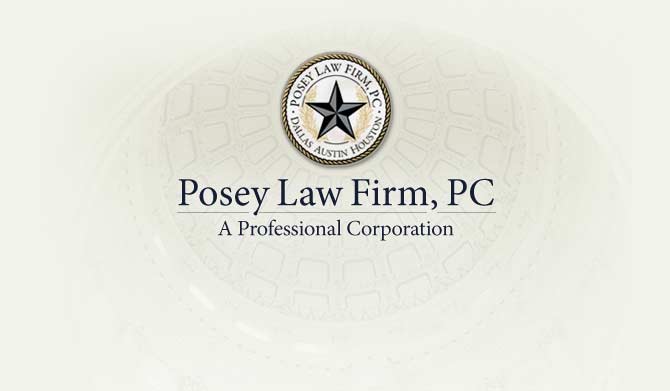Protect Your Business with Sound Contracts
Contract law has been around in some form or another for centuries. At the core, a contract is a “legally-enforceable promise or set of promises made by one party to another.” You only get the protection afforded by contract law when you use a clear, sound contract - every time you enter into an agreement. Why is it so important to get into the habit of using good contracts?
Don’t Rely on Verbal Agreements
If you’re a trusting individual with a strong sense of integrity, verbal agreements may seem perfectly adequate for your needs. Unfortunately, not everyone is as trustworthy as you deserve. People break verbal agreements every single day, and when that happens, there’s very little chance of enforcing them through legal action.
Even if you’ve got a verbal agreement with a trustworthy individual, disputes and questions may still arise. What if the person on the other end of the transaction wrote a number down incorrectly, and you end up with 200 new office chairs instead of the 20 you ordered? What if there was a misunderstanding about terms, or if a question comes up after hours when the other party is unavailable? A good contract can mitigate these issues and remove uncertainty, even when the best intentions are involved.
When Do You Need a Contract?
Realistically, you should use a clear contract when you undertake certain types of transactions, or create a new understanding or agreement. Depending on your business, it may be appropriate to use contracts with:
- Vendors
- Customers
- Contractors
- Consultants
- Business Clients
Not every contract has to be elaborate - as long as it clearly states the terms of the agreement. Examples of the types of things you’d want to cover in a contract include:
- Length or duration of agreement
- Promised delivery date
- A clear description of the product or nature of the service
- Price and/or payment agreement
For more elaborate contracts, like licensing agreements, employment contracts or contracts that govern ongoing performance or repeat transactions, you’ll want to include very specific language to clearly detail important elements of the agreement. This is important both as a reference tool, and as something you can legally enforce if there’s a problem with the agreement. If managing your contracts seems like a daunting prospect, or if you’re not sure your contracts adequately protect your needs, contact our contract drafting and negotiating lawyers for a consultation.


